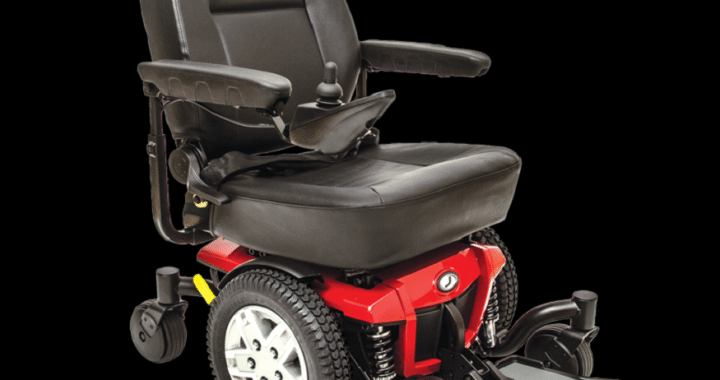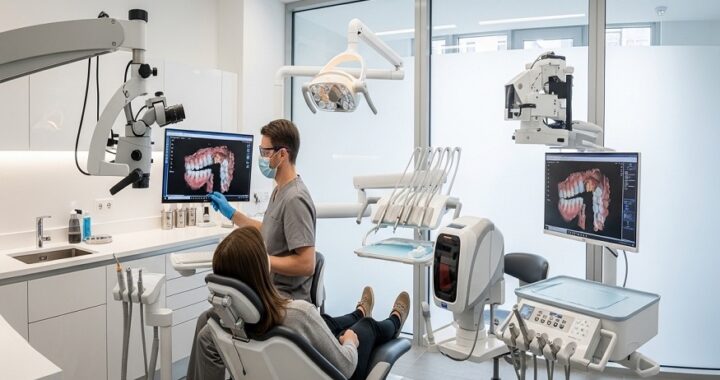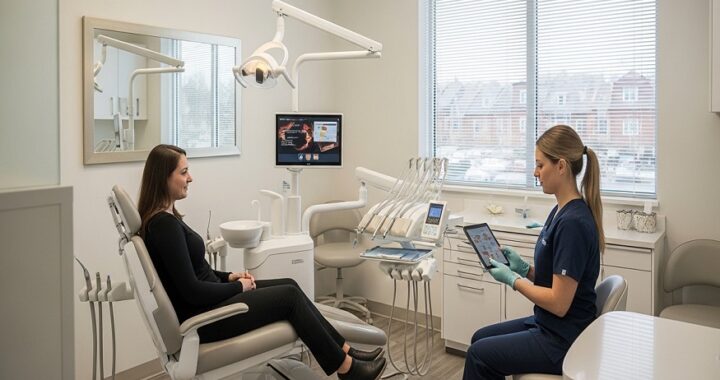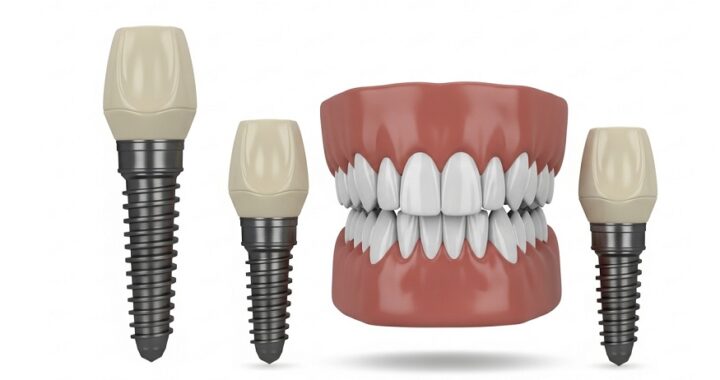Bharat Bhise Looks at Signs You Should See a Spine Specialist

Introduction
According to Bharat Bhise, an injury to the spine can make it difficult to sit, walk, and bend, and lead to many different health complications. Your spine is made up of nerves, tendons, bones, muscles, ligaments, discs, and more. It is the central support structure of your body and that is why it is crucial to keep it protected. Most people associate damage to the spine with the formation of back pain, but it can manifest in many different ways.
The Signs
Here are a few signs that indicate you should see a spine specialist:
1. Numbness or weakness in the hand, arms, feet, or legs – The nerves that connect the various limbs of your body to the brain travel through the spine. That’s why partial or complete numbness, weakness, and tingling sensation in the extremities of your limbs can indicate a spinal problem, especially in the lower back (lumbar) region.
The loss of sensation in your hands, legs, arms, and feet can make you unaware of how your body is positioned which can result in coordination and balance issues. Typically, it can happen due to a pinched nerve, sciatica, spondylolisthesis, spinal stenosis, degenerative disc disease, and herniated or bulging discs.
2. Persistent pain in the back, neck, and shoulders – Oftentimes, a spinal disease or injury can cause chronic pain in the neck, back, or shoulders. When the shock-absorbing disc between the vertebrae of the cervical spine gets damaged due to poor posture, accident, old age, arthritis, degeneration, or injury, it can cause tremendous pain in the affected region.
A condition called osteoporosis which results in brittle bones can cause microfractures which can also result in pain in the lower back, neck, and shoulder region.
3. Reduced agility in the hands and fingers – Damage to the spinal nerves can affect your limbs and the extremities in many different ways. One of the common symptoms of spinal damage is reduced agility in the hands and fingers. For instance, you may find it difficult to perform precise hand movements that are required when handwriting, locking zippers, using buttons, and more.
When you visit a spine specialist, they can perform X-rays, CT scans, MRIs, and physical exams to determine the exact problem.
4. Bowel or bladder problems – Sometimes, back pain that results from spinal problems can lead to other issues such as irritable bowel syndrome (IBS), bowel obstruction, constipation, and more. As a result, it can cause gas, and bloating, and even lead to bowel and bladder issues.
If the nerves at the base of the spinal column get compressed, it can also lead to a condition called cauda equina where you lose the ability to go to the bathroom normally.
Conclusion
Bharat Bhise suggests you don’t ignore low back pain, chronic headaches, neck and shoulder pain, stiff back, and even muscle spasms in the lower back that can indicate a more serious problem such as damage to the spinal cord or discs. If you suspect any type of damage or injury to the spine, ensure you consult a spine specialist for treatment and to prevent the condition from getting worse.

 Best Nicotine Gum Options: Key Benefits and How to Choose the Right One
Best Nicotine Gum Options: Key Benefits and How to Choose the Right One  Complete Guide to Diagnosis and Treatment of Hypertension
Complete Guide to Diagnosis and Treatment of Hypertension  5 Toronto Dietitian Approved Habits for a Healthy New Year
5 Toronto Dietitian Approved Habits for a Healthy New Year  What Causes Gas And Bloating In Children?
What Causes Gas And Bloating In Children?  The Quiet Factors That Define a Reliable Angiography Device
The Quiet Factors That Define a Reliable Angiography Device  Renting medical equipment can make moving around and being comfortable easier
Renting medical equipment can make moving around and being comfortable easier  Dental Infection Treatment and the Evolution of Advanced Dental Technology
Dental Infection Treatment and the Evolution of Advanced Dental Technology  Deep Cleaning Woodland Hills: Understanding Gum Health and Advanced Dental Cleaning
Deep Cleaning Woodland Hills: Understanding Gum Health and Advanced Dental Cleaning  Dental Implants and Osteoporosis: What Patients Should Know About Safety and Healing
Dental Implants and Osteoporosis: What Patients Should Know About Safety and Healing